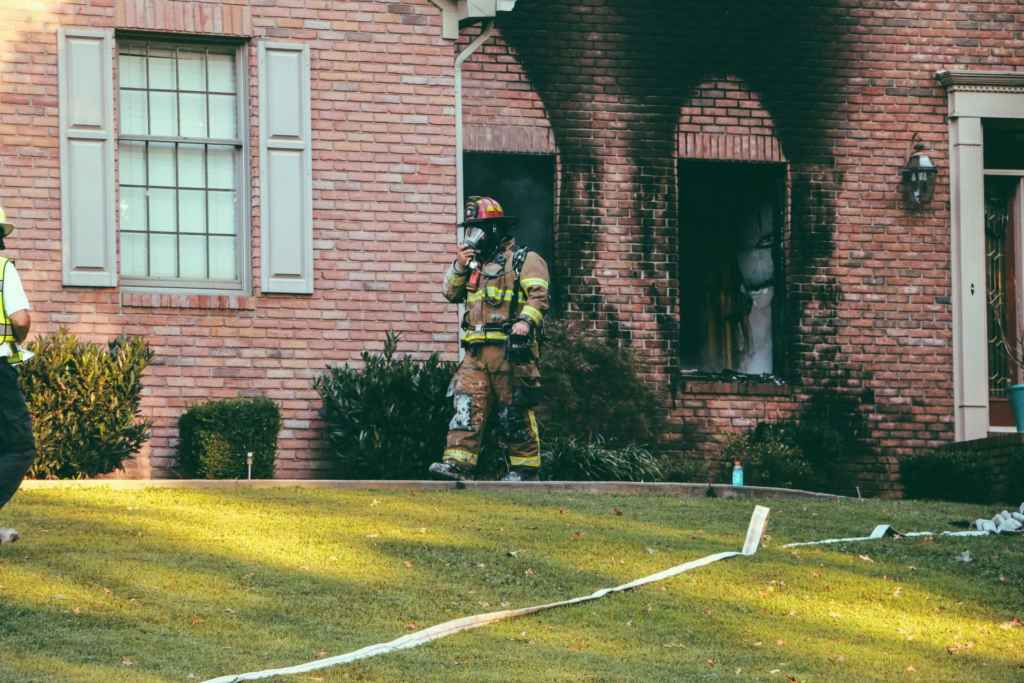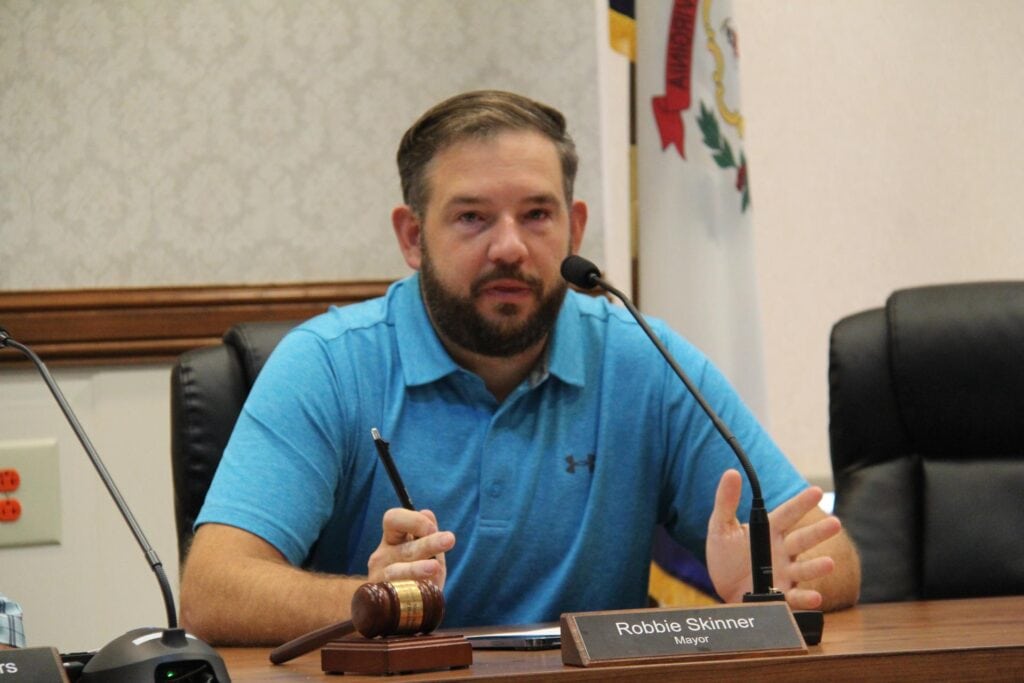BUCKHANNON – Upshur County’s volunteer fire departments are exploring the possibility of an increase in the county’s fire fee.
As expenses for maintenance and equipment rise along with an uptick in response calls, the county’s seven fire departments are seeking clarification on the county’s fire fee ordinance.
During the Sept. 20 Upshur County Commission meeting, commissioners received a letter from Rick Harlow, president of the Upshur County Firefighter’s Association, who also serves as fire chief for Adrian Volunteer Fire Department.
The letter advised the association is seeking legal clarification about the county’s current fire fee that has been in place since July 1, 2000.
“During our July … 2018 firefighter association meeting, the need for legal clarification of an updated fire fee was discussed,” reads the letter. “The current fire fee that is in place has been utilized for over 15 years. The cost of providing all aspects of Emergency Services has increased significantly since the passing of the original fee.”
Upshur County administrator Carrie Wallace said she expects to have a formal response from the commission’s legal counsel, Kay, Casto & Chaney, for the commissioners’ review at Thursday morning’s meeting. The letter from the firm is expected to delineate how the county would go about increasing the fire fee should the volunteer fire departments wish to proceed.
When the fire fee ordinance was first enacted, there were no specifics listed about a cost of living increase or an increase in the price of turnout gear and equipment pricing, Harlow explained during a recent phone interview with My Buckhannon.
The current fire fee is $5 per lot for vacant property parcels of 5 acres or greater; $25 per single residential building; $25 per residential rental unit; and $50 for commercial or institutional buildings.
Since the fire fee was implemented, Harlow said expenses to maintain equipment, turnout gear, fire engines and more have almost tripled.
“Turnout gear has just about tripled,” he said. “I think fire engines, when that [ordinance] was enacted you could get for about $100,000, and now you’re looking at anywhere from $300,000 to $600,000 for a new fire engine.”
Harlow advised every 10 years turnout gear – boots, gloves, helmets, etc. – must be updated, which is regulated by the state fire marshal and the National Fire Protection Act.
“We’re got ours stretched out over a three-year period,” he said. “To completely buy the pants, the coats, the boots, the gloves … you’re looking at over $3,000 a set, and when you’ve got 15-20 firemen, it’s extremely expensive.”
Harlow said the current fire fee brings in roughly $25,000 on “a good year” for each department.
“So, when you’re making truck payments and you start replacing gear, it gets extremely tight,” he said.
Along with downed trees, gas leaks, car wrecks and fires, Harlow advised county fire departments are now responding to emergency medical calls as well.
“When they first enacted the fire fee pretty much all the fire departments did were house and business fires … and motor vehicles wrecks,” he said. “Since then we’ve kind of adapted to being the first response for EMS because they’re coming from Buckhannon … So, all the fire departments run first response. Basically, we get there with our EMTs and stabilize the patient until the ambulance gets there for transport.”
Harlow said the services are of great benefit to the public; however, the cost of providing them is rising.
“Our budgets are right on the line of making it,” he said. “And so far, we still are, but there has been some talk in the past about getting clarification and we’re just moving forward with that in case we would have to do anything.”
Kevin Huffman, fire chief of Washington District Volunteer Fire Company, said “something needs to be done” about the county’s current fire fee.
“At the time the fire fee was enacted, we were not running near as many calls as we are now,” he said. “Like everything else, the cost of everything is going up … The cost of everything that we’re paying is going up, and we’re not getting any more compensation out of it.”













